When a fatal accident inquiry (FAI) into a tragic Edinburgh road incident was published in October it recommended that changes be made to how elderly drivers are assessed as suitable to drive.
A toddler was killed after he and his mother were hit by a 91-year-old driver with dementia.
The driver mounted a pavement and crashed into a shop while suffering from significant “impaired cognitive ability.”
The FAI concluded that “the current regime of self-certification of fitness for
drivers over 70 years of age is significantly defective.”
It also recommended that self-certification should be limited to those under the age of 80 or even 75.
Drivers must reapply for a licence every three years when they turn 70.
And they must make a fit to drive declaration to the DVLA, which it can then investigate.
But they are not legally required to sit a new driving test or medical examination.
“Saying ‘I’m fit to drive’ every three years is okay until you are 75 or 80,” says Mike Perry, a 76-year-old driver from Perth.
“At this point you need to be examined to make certain that your reflexes, and power in your legs and arms is good enough.
“Otherwise, you get old people who step on the wrong pedal and press the accelerator instead of the brake.”
Perth pensioner backs move away from self-certification
Mike owns both an EV car and a sports car after passing his test at 18-years-old.
There has been a raft of changes to tests and road layouts in the ensuing years.
Arm signals were dropped from the test in 1975 and the theory test was only introduced in 1997.
“I’m not sure a knowledge of the highway code is as important as being able to step on the brakes,” says Mike.
“You’re fit enough until you know you’re not or someone tells you.
“And you’re likely to fool yourself if it’s self-checking because you don’t want to lose the ability (to drive). You might twist the facts a little.”
The pensioner still uses his car for long journeys and drove to Gairloch and Ullapool from his home in Perth last week.
“I’ll admit I was tired at the end of it, but I don’t think I was incompetent,” he says
“We all deteriorate as we get older and don’t perceive it.
“It’s not rocket science and we need to get checked by someone.
“If you go and get your eyes tested it’s free on the NHS and they’ll tell you if your reaction times are good enough.
“That is probably enough to set aside those who really shouldn’t be behind the wheel and those that should.”
‘I can still see and my reaction times are good’
Mike concedes that he is suffering from some “deterioration” due to ageing.
But he also knows fellow drivers who are older than him.
“There is some discomfort in my hips and legs, and some reduction in muscular power,” he adds.
“But I can still see, my reaction times are good, and I still know which foot is which and when to use it.
“A lot of young drivers lack the concentration to notice what is going on and I certainly notice that in some older drivers.
“They don’t seem to be aware of how wide their car is and spend too long waiting when the light goes green at traffic lights.
“If you’re going to stay safe you need to be coordinated and perceptive.
“Older drivers probably lack the vision and power to respond quickly enough when things go wrong.”
Young instructor backs driving tests for older drivers
When Kieran Law became a driving instructor last year he became one of very few in Scotland who are young drivers themselves.
The 22-year-old from Glenrothes believes some elderly people should resit their tests.
“At the very least they should go and have an eyesight check when they are renewing their licence,” he says.
“There are quite a few elderly drivers that are out on the roads and their eyesight doesn’t really meet the requirements.
“All that is required is a self declaration for eyesight and medical conditions to renew, which is why it needs to be performed by a third party.
“Actual eyesight and health tests should be carried out.
“And there are certainly not enough checks on elderly drivers. Their reactions are slowing down and they are not as aware.
“They’ve got limited head movement, which means they become less aware of blind spots.
“It would be a good idea to re-test some drivers if they are getting on. But the facilities and resources just aren’t there.”
Why should elderly drivers re-sit their driving tests?
The Department for Transport’s September 2024 report on UK road casualties found that younger car drivers are still much more at risk of death.
Younger drivers made up 18% of car drivers killed in 2023.
And 23% of the car driver fatalities last year were from accidents involving young drivers.
However, the AA says that the frailty of older people means they are more likely to suffer serious injuries when they are involved in car accidents.
“It’s more about awareness, slow reactions, and limited eyesight when the elderly get into accidents”, explains Kieran.
“I’ve not had any elderly students. But I know it can happen when they have had a gap from driving.
“They’ll look to a driving instructor to refresh themselves if they are particularly nervous.
“But drivers that have never really had a long gap never seem to think of themselves as needing training.
“It’s something they’ve done their whole life and there is a bit of denial when they start to notice that they are not quite how they were when they were younger.
“There is a reluctance to give up that freedom.”
Is age actually that important?
Kieran predominantly teaches teenagers and young adults how to drive.
But he has also had learners in their 40s and 50s, who are driven by a growing frustration with public transport in Fife.
He dislikes stereotyping of certain age groups when it comes to driving.
“The majority of drivers are okay and issues are not down to age”, explains Kieran.
“You do sometimes get stuck behind people who are driving a bit below the speed limit.
“But that that could come from all age groups.
“There are similarities between inexperienced drivers and drivers that are getting on in life when it comes to being hesitant and getting up to speed.”
A Department for Transport spokesperson said: “We are committed to delivering a new road safety strategy – the first in over a decade.
“We will set out next steps on this in due course.
“Our roads are among the safest in the world, and we are determined to maintain these high standards for the benefit of everyone on the roads.”
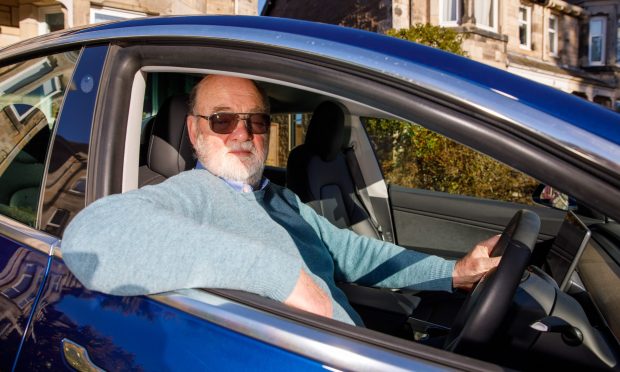
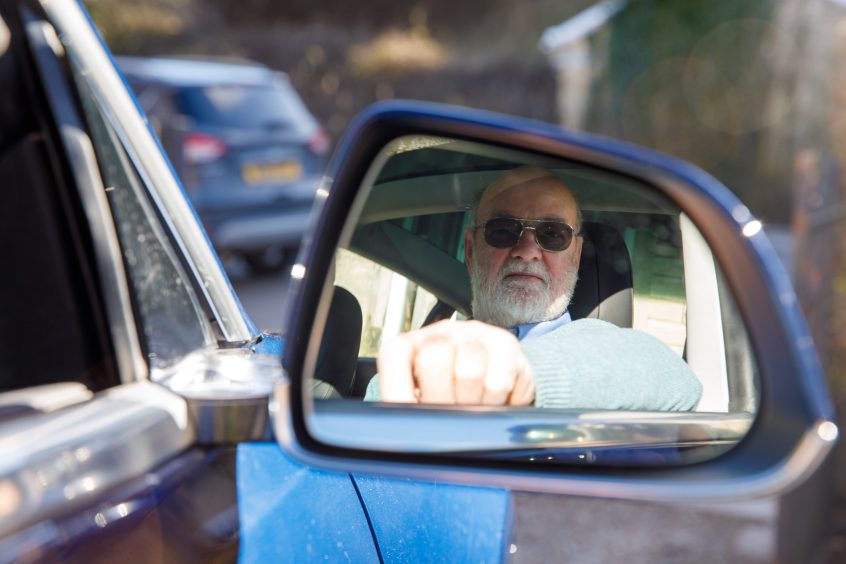
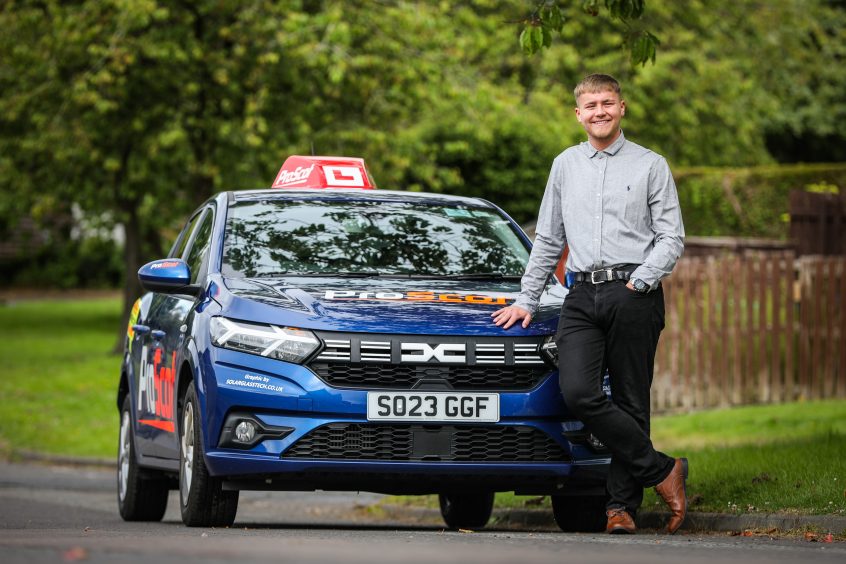
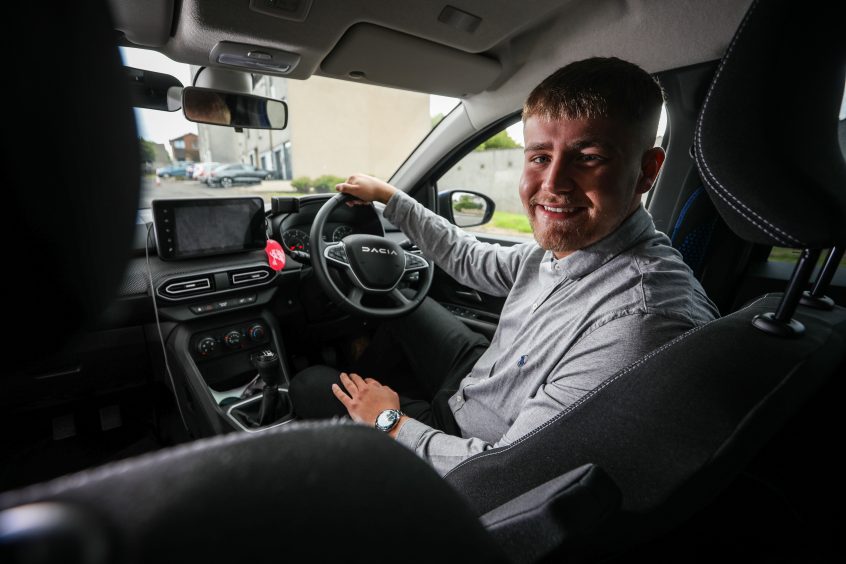
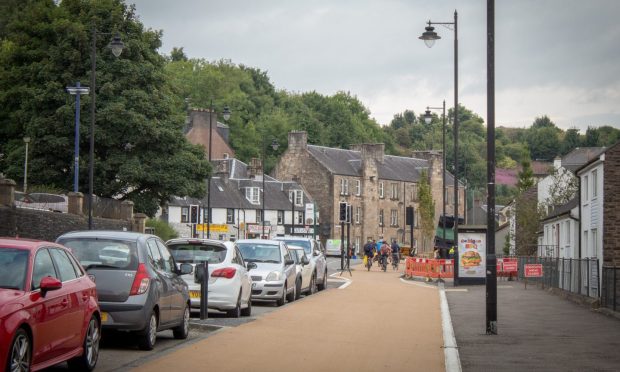




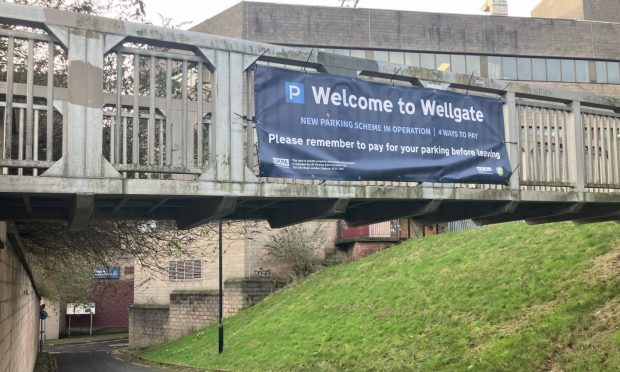
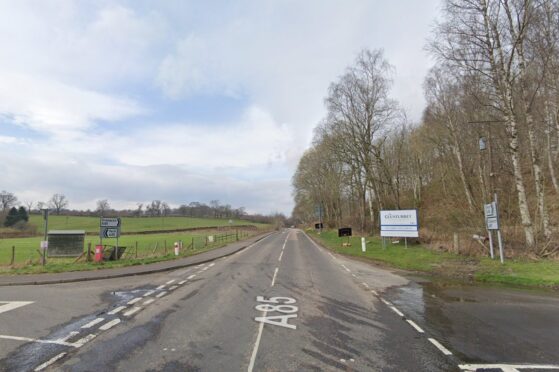
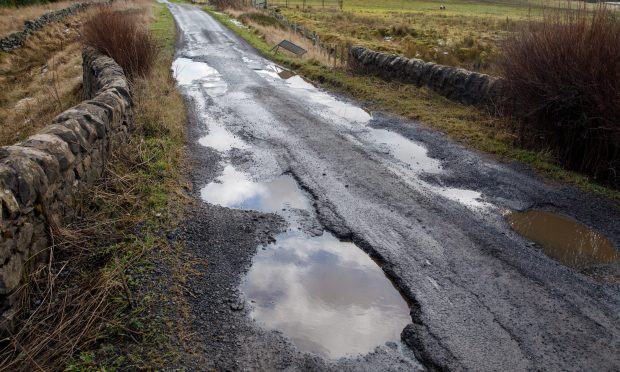
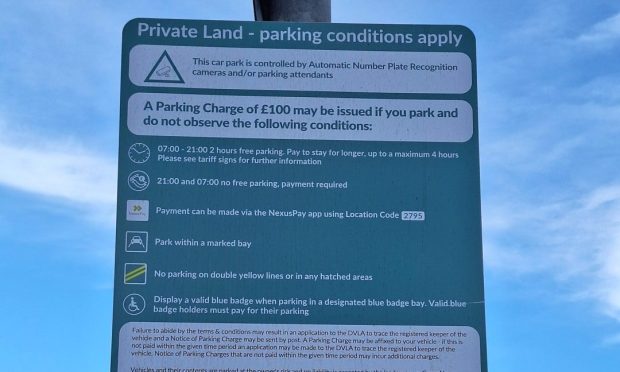

Conversation